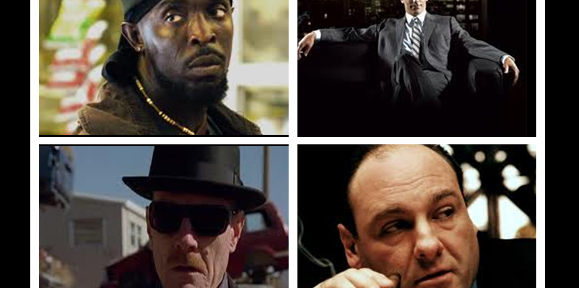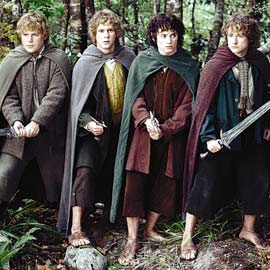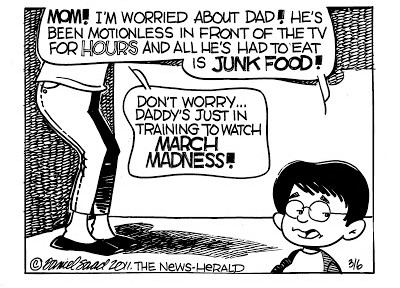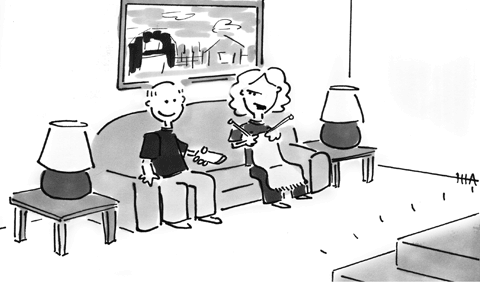How Do You Judge Ambiguously Moral Characters?
We are fascinated by murderers, drug dealers, and other criminals—or at least that is what the media landscape and my interviewees’ marathoning behaviors suggest.
I just finished drafting the final media marathoning content chapter, which focuses on moral ambiguity. My analysis is framed by the conscious or unconscious criteria we use to evaluate such characters. Here is my current iteration of the “test” of morality:
1. What circumstances does the character find her or himself in?
2. Is there a way out that avoids violence?
3. What is the impact of one’s violent or illegal actions on collective society?
4. What of the character’s history evokes viewer sympathies?



